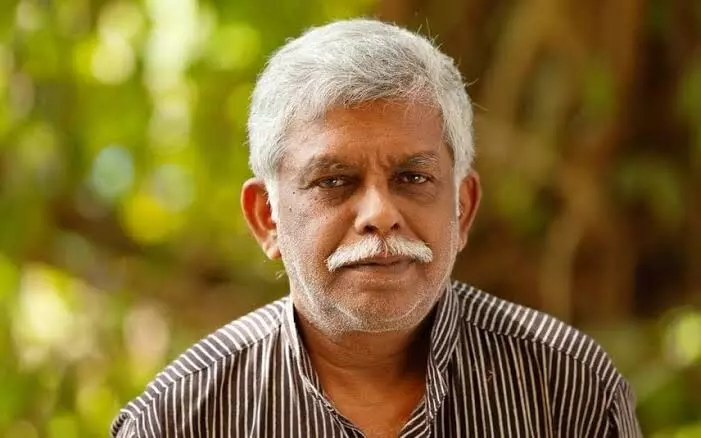
Kerala High Court cancels pre-arrest bail of activist Civic Chandran
text_fieldsThe Kerala High Court on Thursday cancelled the anticipatory bail granted to the author and social activist Civic Chandran in a case pertaining to the alleged sexual harassment of a Dalit woman.
Justice A Badharudeen allowed the petitions by the state government and one of the complainants and ordered the cancellation of anticipatory bail granted in August to Civic Chandran in two cases by the district judge S Krishnakumar in north Kerala's Kozhikode.
The high court stayed the bail orders and later expunged the controversial observations linking the alleged crime to the clothes worn by the complainant in one case, and the caste of the victim in the other.
"The finding of the impugned order that Section will not be prima facie attracted if the victim was wearing a sexually provocative dress cannot be justified. In these circumstances, the impugned order shall stand stayed till the disposal of this petition," the high court said in its August 24 order.
Judge Krishnakumar was also transferred to a labour court in south Kerala's Kollam after his observations in the two cases stoked a wave of condemnation from activists, rights groups and civil society. The judge petitioned against the transfer, saying the punitive action will impact the morale of judicial officers. A single bench of the high court rejected his plea but a two-judge bench later stayed the transfer, for now.
Two sexual harassment cases were filed against 74-year-old Chandran earlier this year, one by a Dalit writer and another by a woman publisher. In the first case, the court granted the writer anticipatory bail on August 2, saying it was unlikely that he would touch the woman knowing that she was from the scheduled caste
In the second case, the judge granted Chandran bail on August 12 but controversially said that the offence of sexual harassment wasn't made out if the woman was wearing "sexually provocative" clothes.
The Kerala government contended that the arrest shield was against the special law enacted for the prevention of atrocities against the people belonging to the SC/ST community and the judge's reasoning "lack insensitivity and sobriety".






















